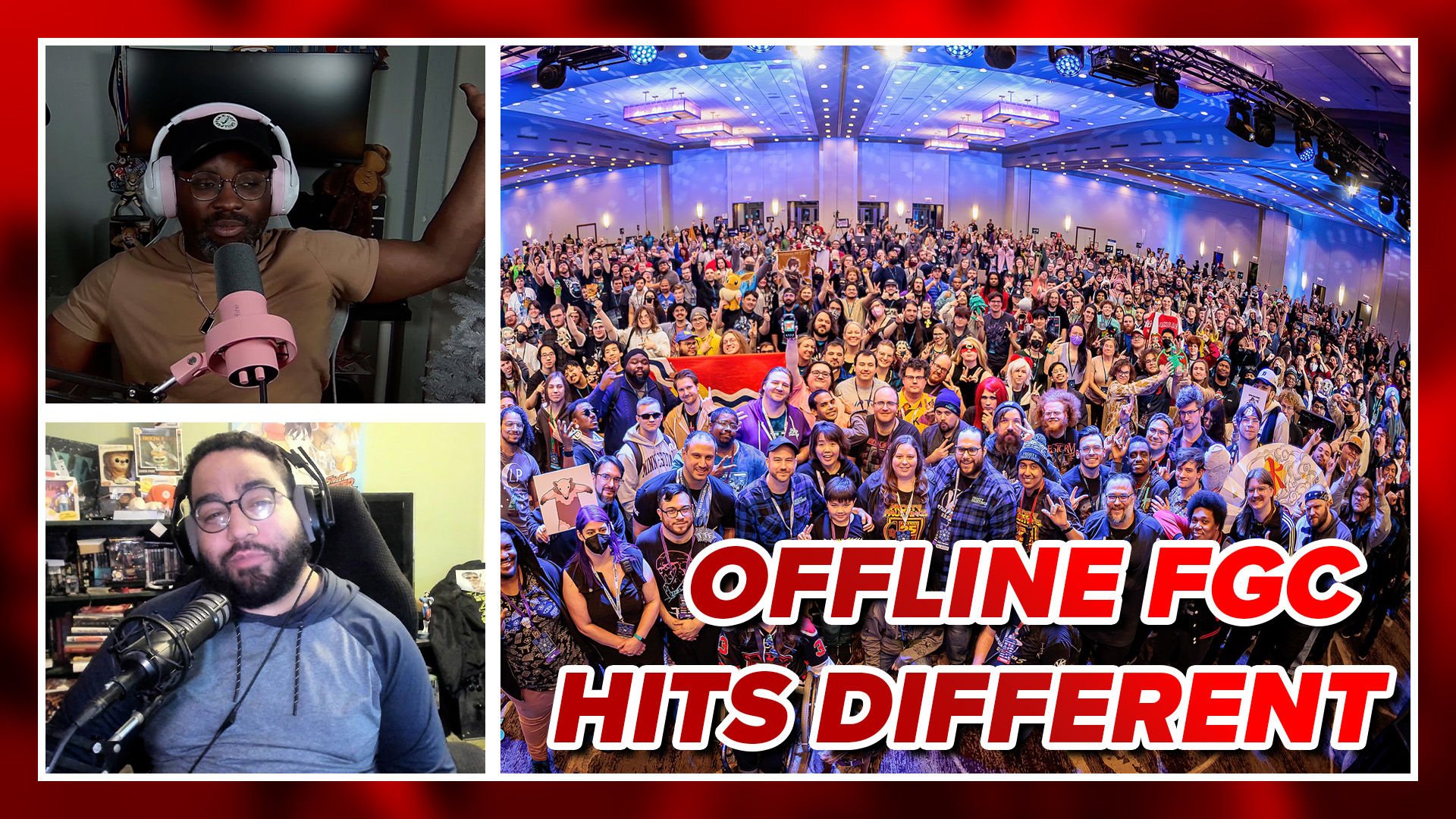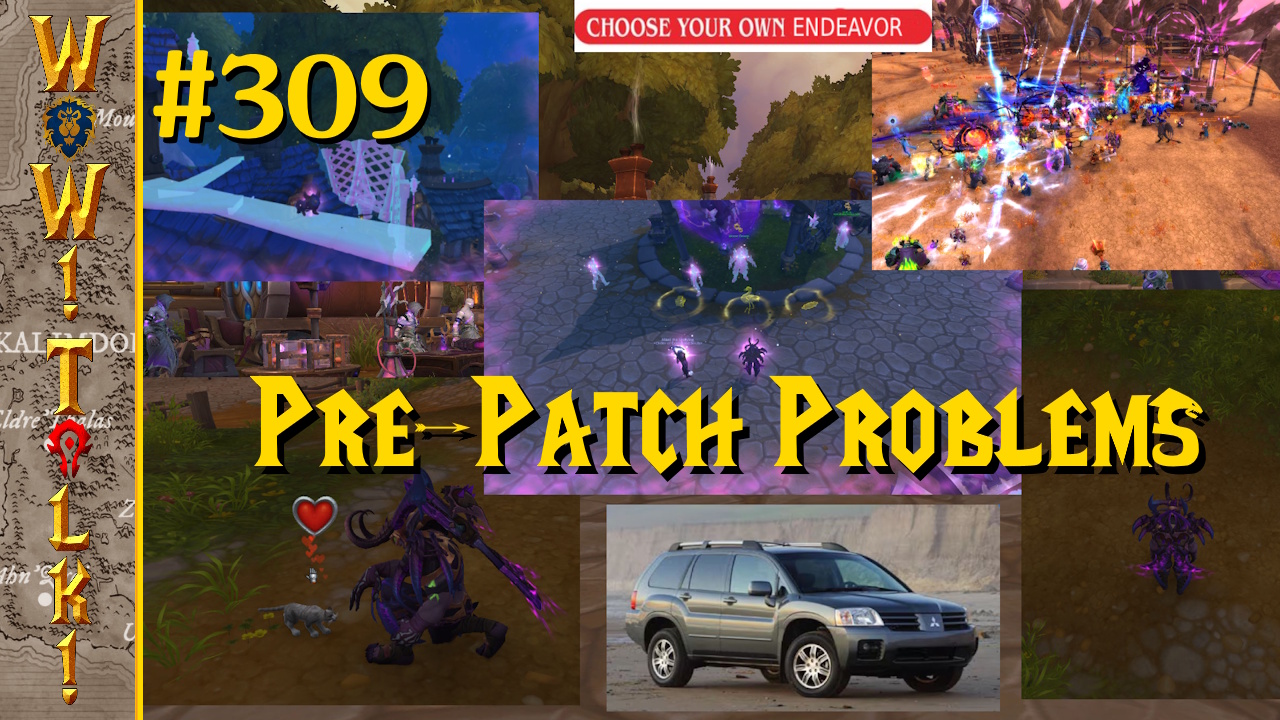
Some of Gameloft’s titles
Gameloft may have escaped the public eye by being not well known unless you are a fan of mobile games, but they are certainly garnering some attention now. An interview with Glenn Watson, former head programmer at Gameloft’s New Zealand branch, has surely boosted the mobile gaming company into the spotlight with allegations of running their workers ragged. “Some weeks I was working 100 to 120 hours a week,” said Glenn Watson. “Starting at 9:30 A.M., going home at 2:30 A.M., and then coming back into the office at 8:30 A.M. to start work again was not unusual.” Glenn got his start at Ratbag Games and felt no guilt in commenting on a company that flamboyantly violate’s New Zealand’s Heath and Safety laws. “It was after I worked four consecutive weeks of fourteen hour days – including weekends – that I realised [sic] I needed to resign.”
It’s not unusual for game designers to work harder than some in other professions. Game building is hard work and to making an excellent game means more time invested. However, the hours Watson was putting in seem way over what would be considered excessive. Overworked employees are guaranteed to make more mistakes than ones that have had a good night’s sleep. Glenn recalls a week in particular when the team was trying to get a game demonstration finished. “It was 11:30 at night,” said Glenn, ” everyone had been there since 8:30 in the morning, and even our most reliable programmers were making mistakes. I went up to see the studio manager and the producer and said ‘listen, these guys are making mistakes, they are tired, and they need to go home.’ The producer replied that they needed everyone to be there, and the deadline had to be met. Later, I found out that one of our junior programmers had actually worked a 24-hour straight stint in the office.”
Doesn’t this all seem familiar? It’s as if we here at Mash Those Buttons are experiencing a bit of deja vu. Is something wrong with the Matrix? Oh wait, that’s right, Team Bondi had this very problem. If you recall, we mentioned something about this in a couple of our Mashcasts. A little while ago IGN Australia had brought to light a bit of controversy regarding the conditions for employees of Team Bondi while they worked on L.A. Noire. This game took seven years to make, but employees were but on extreme time restraints and were worked overtime on many occasions. One anonymous source from Team Bondi said, “We were constantly being told that the project was only six months away from being done to justify the long hours – it was always ‘the final push’.”
Glenn Watson, of Gameloft, believes the same thing to be true: they were following a false deadline. On many instances he believes these deadlines were created to foster a false sense of urgency. “Many of the senior staff were becoming suspicious, and wondering why their local producer wasn’t standing up for them,” Glenn said. The term “golding” has now been established within Gameloft’s offices to refer to the practice of constantly telling the production team that they were under crunch time to make the game go gold. Although the company itself assures that all employees are there of their own free will, Watson asserts that practices of the company would still be seen as a violation under the 2002 Health and Safety in Employement Act. He said that “fatigue working” would be the violation, and that the contractual conditions these employees agree to are in violation. Employees are required to work “reasonable hours” but what is reasonable is entirely defined by the studio.
Although attempts by Glenn Watson to try to improve the working conditions of the employees still there have been futile for now, this issue does stir up questions that these same conditions could be happening in the industry elsewhere. Will the game industry becoming more and more competitive daily, overworking employees could or may have already become the norm.
[Sources: GamesIndustry, Games on Net, and IGN]
[Images via Best Choice Tech and Talk Android]





